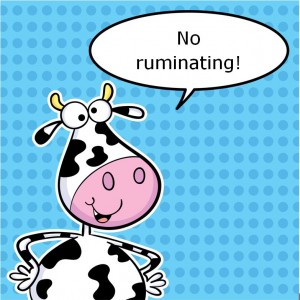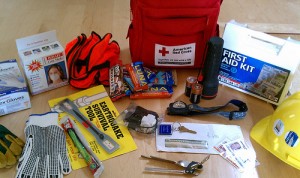Burn–out ‘b?rn-?aut : exhaustion of physical or emotional strength or motivation usually as a result of prolonged stress or frustration.
Feeling exhausted? Numb? Helpless? It may not just be from Christmas shopping, you might actually be suffering from a case of burnout.
Most of the research on burnout has been in the domain of work, but burnout can occur in just about any area of our lives. The leading researcher in the field, Berkeley professor Christina Maslach, has defined three dimensions of burnout:
1. Exhaustion. I’m an avid crossworder and when the clue is “exhausted”, the answer inevitably is “used up.” That’s what exhaustion feels like – being used up. It describes both physical and emotional depletion.
2. Depersonalization. Referring to burnout among human services workers, Maslach writes:
Depersonalization is an attempt to put distance between oneself and service recipients by actively ignoring the qualities that make them unique and engaging people . . . Outside of the human services, people use cognitive distancing by developing an indifference or cynical attitude when they are exhausted and discouraged.
So depersonalization distances us from other people – especially the ones who exhaust us – and generates a cynical attitude.
3. Inefficacy. This refers to a reduced sense of personal accomplishment. It either feels like you’re not getting things done no matter how hard you try, you just don’t have the time and resources available to complete the tasks you are expected to do, or you rarely get any positive feedback for what you are doing.
So, this is a pretty nasty trio: Feeling used up, cynical, and ineffective/unappreciated. You may have had a job where you experienced this, but I’m sure you can also see where burnout can occur in other spheres, too. I referred kiddingly to Christmas shopping earlier, but even the holidays can bring on a case of burnout. Too much stress to have things “perfect,” get that just-right gift, and meet high expectations of family and friends can make you feel fatigued and as though you are just spinning your wheels.
Because Maslach mostly studies burnout in work environments, she has found that changing organizational dynamics is more effective in counteracting burnout than for only the individual to try to change his attitude about the job.
However, given that burnout can occur just about anywhere from the job to the family to seasonal celebrations, let’s look at some things you can do to prevent burnout from creeping up on you.
1. Pay attention to yourself. It’s easy to get so caught up in the world and what needs to be done in it that you end up being alienated from your own experience. Ask yourself these questions:
- How does my body feel? Am I tired? Do I have enough energy?
- How am I feeling emotionally? Am I getting cynical? Am I being snarky with others?
- Am I overwhelmed? Do I feel like things are piling up to the degree that I’ll never be able to catch up? Do I feel appreciated for what I do?
2. Ask yourself if it’s worth it. Is what you are doing worth the physical and emotional drain on your body and mind? When it comes to a job, sometimes we don’t have much choice, but if you are feeling burned out in other areas of your life, does it really matter so much that it’s worth harming yourself emotionally and physically? Burnout is all about stress, you know, and the detrimental effects of stress on health are well known.
3. What if you didn’t . . .? What would happen if you didn’t do whatever it is that is stressing you out? Would the sky fall in if you didn’t make Christmas fudge this year, didn’t volunteer at your son’s school for a few weeks or months, didn’t pack every hour of the work day with clients? If you took a day off to read a book or watch movies all day, would you really get that far behind?
4. Be assertive. Yes, I’m sure you sensed this one was coming: Just say no. It’s okay. When Junior’s teacher asks you to be the parent monitor at his class’s holiday party (for the umpteenth time because she knows you’ll say yes), say, “I’m glad to bring cookies for the party, but I can’t be the monitor.” That’s it. No need for an excuse. Just “I can’t.”
If you’re feeling ineffective or overwhelmed, ask for feedback and express your need for acknowledgement of your efforts to your family, friends, or others. Really, it’s okay.
At work, it’s not a particularly good idea to say “no” or “I can’t”; instead, you may want to sit down with your boss and express your concerns about your work load or unreasonable expectations you feel from management. Talk to him about your symptoms of burnout – exhaustion, cynicism, and/or feeling ineffective and helpless. Ask for feedback on how you are doing at your job.
5. Don’t ‘should’ on yourself. Please don’t allow burnout to happen to you because of ‘shoulds.’ “I should be able to handle this.” “I shouldn’t feel this way.” Notice how you are feeling physically and emotionally, honor your feelings, and take action to cut burnout off at the pass.
Takeaway points: Burnout can happen just about anywhere in our lives. Become familiar with the symptoms of it and pay attention to your own experience of your body and mind so you can nip it in the bud.
What burns you out and how do you handle it?
Reference: Maslach, C., Schaufeli, W.B., & Leiter, M.P. (2001) Job Burnout. Annual Review of Psychology, 52, 397-422. http://bit.ly/uumO04








